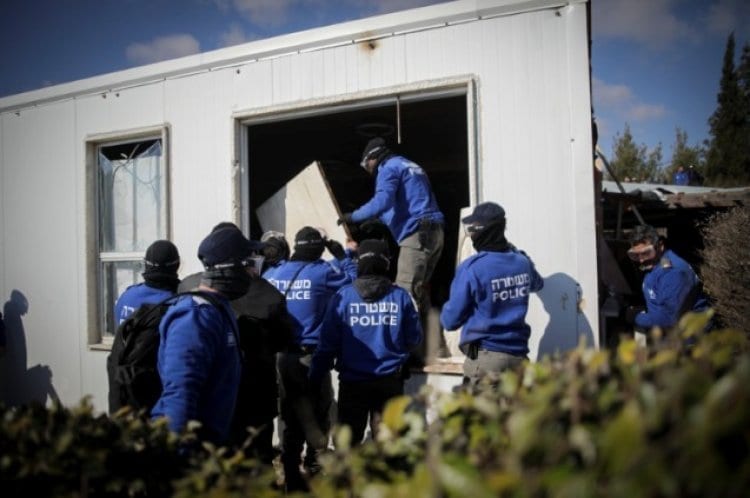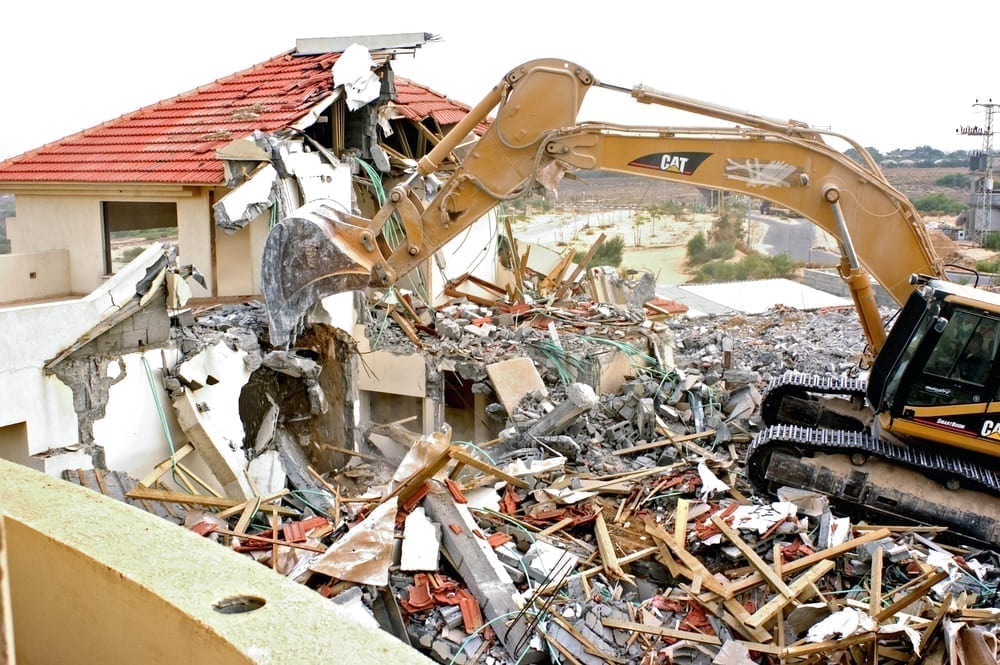The CBS ranks cities on a scale of 1 to 10, with 10 representing the wealthiest communities and 1 the poorest. Jerusalem is expected to slip from 4 to 3 in the new list.
Jerusalem had just announced it would no longer offer subsidized afternoon day care for children in nursery schools, kindergartens, and first and second grades, because the government hasn’t approved the funding it needs for the program. Although the government paid for most of it, there was still a shortfall of $7.8 million which the municipality and state couldn’t agree who should pay.
Most communities with a 3 rating are Arab towns like Kafr Qasem, Jaljulya and Arara. But there are also a few Jewish cities and towns in this category, including cities with a large chareidi population like Netivot, Beit Shemesh and Safed, primarily due to their large children population.
Mayor Nir Barkat issued a statement welcoming the CBS decision, “There’s a dramatic change that will lead to savings of thousands of shekels a year for young families in Jerusalem. Israel’s capital faces enormous national challenges that aren’t in the municipality’s power to solve alone; they are a national mission for the Israeli government.”
“The Israeli government must throw itself into the mission of strengthening Jerusalem with greater vigor, and increase investment in it until Israel’s capital stands on its own feet – as it should. This is a national interest of the highest order.”





